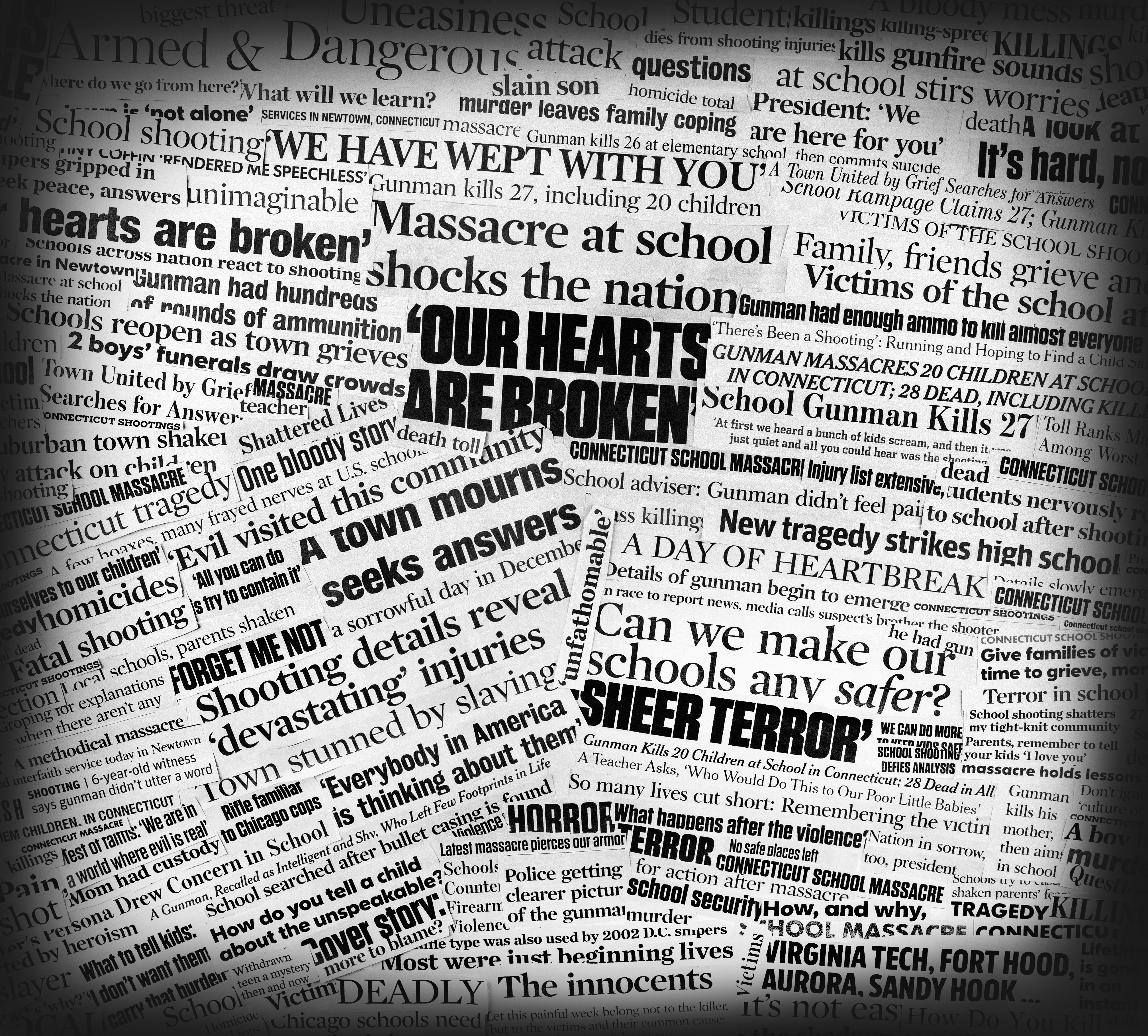
At least “82 percent of all firearm homicides in the world occur in the United States,” according to The Conversation, which pulled from the Center for Disease Control’s data. What’s more, “The homicide rate for Black Americans in all 50 states is, on average, eight times higher than that of Whites,” says researchers Tiffany L. Broomfield, M.A., and Yolanda T. Mitchell, Ph.D., who also quoted CDC data.
While the homicide rate for Black Americans is ridiculously high, there is an underbelly of gun violence that deserves more airtime: trauma. Gun related trauma is having a profound impact on Black Americans, especially Black Americans in urban communities.
When Black Americans experience gun violence or other traumatic events, we are rarely given time and resources to heal. Instead, we are expected to dry our tears and enter a world that is slow to connect Post Traumatic Stress Disorder to gun violence in communities. PTSD is often talked about in connection to veterans.
However, the Journal of the National Medical Association reported “Trauma exposure appears to be high in African Americans, especially among those living in stressful conditions.” The article noted that non-whites reported a higher incidence of trauma (55 % vs. 32 %) than whites, and that hearing about others’ traumatic experiences was traumatizing. “Accordingly, patterns of trauma exposure place African Americas at greater risk for PTSD than the general population.”
When students who have witnessed gun violence enter school, they are expected to perform as though traumatic and life-altering events have never occurred. When they understandably act out, they are often labeled disruptive or incorrigible. Most importantly, they aren’t receiving the public health services they need. It is simply impossible to be emotionally or physically well in the immediate aftermath of gun violence that has impacted you, someone you love or someone you know from the community.
Often when we think about gun violence, we think about the lives lost. Not enough attention is paid to the lives that were spared but must also be put back together. When young people and others commit acts of crime, their behavior often reflects the underbelly of trauma. Black American youth aren’t resorting to violence because they are inherently bad. They are doing so because they have likely experienced layer upon layer of trauma for which healing and reprieve, appears out of reach. I see this play out in the lives of people I work with, where a person will witness so much devastation that they become numb and mentally check out.
I also saw this play out when I was growing up in Southeast Queens. When I was a teenager, many of the people I grew up with either sold drugs, were addicted to drugs or were in relationships with someone who fell into one of these categories. Today, there are too many young people who can say that either they or someone they know have lost a loved one to gun violence. Isn’t it time for our young people to say, that they and someone they know have healed from gun violence?
If young people who have experienced gun violence receive wraparound supports to empower them to fulfill their basic needs and sustain mental, physical, and economic health and wellness, they will lead healthier lives. They will also be less likely to resolve conflicts with violence. In addition, for those individuals who are returning from incarceration, the likelihood of recidivism is reduced if they are connected to a network of resources. This can only happen at scale when gun violence is viewed as a public health crisis.
This is a matter of will, not creativity. From a creative standpoint, Life Camp, Inc. has already launched a peace mobile or mobile trauma unit that will go borough by borough offering trauma recovery services. Thanks to funding by the City of New York, our mobile RV will bring healing services directly to the community.
To sustain this level of creativity and service, our nation must change how it sees urban gun violence from a challenge impacting African Americans and Latinos, to one impacting all of us.
Reducing gun violence, then, comes down, at least partially, to providing trauma recovery services.
Erica Ford is the founder and CEO of Life Camp, Inc., a mobile trauma unit, which brings trauma recovery services to Black communities